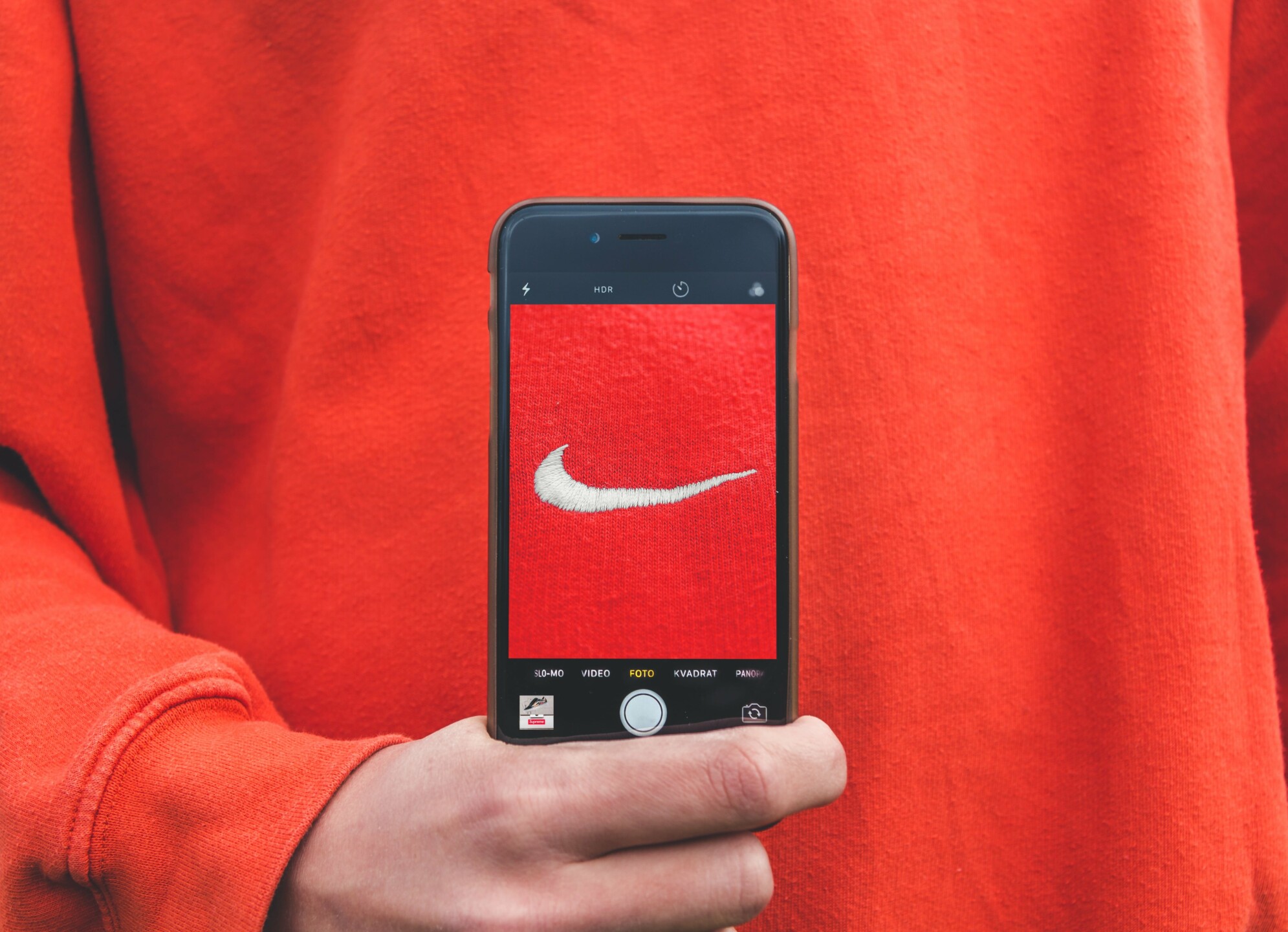Call it a buzzword, but it’s a recognizable and definitive way for brands to say to their audience, “Hey, we’re human, too.” Of course, when we talk about a brand being “authentic” what we’re really talking about is their brand ethos.
Defined as “the character” of a brand, or “the bones” of a brand’s identity, it is ultimately a part of a brand’s image that is essential for its success. Some examples of brand ethos to consider are your company’s mission, goals, brand distinction and vision. For many brands, these are all simple and tangible things to access by looking inward in your business. However, for every brand that is able to take those and run with it, there are at least 5 where “brand ethos” is all Greek to them.
Distinction?
Long-term goals?
Company vision?
Many businesses don’t even know what is happening 6 months from now – how could you?
Instead, I encourage brand builders and business leaders to move backwards and ask themselves:
- Who are you at your core?
- How do people feel about our product and brand?
- Where do we exist in the lives of our consumers?
- How does this feeling set us apart in our industry?
Where most brands will go for the low-hanging fruit or clearly tangible ways to access their brand ethos, it will become imperative for brands of the future to tap into the intangible. The intangible is often felt rather than seen.

Related: Gen Z and Sustainability: Bringing Value to Their Dollar
Many brands will start by thinking about what their product or service can do for a person, how it can make their life easier, how much money they can save or why spending the extra money is worth it when it comes to them. While valuable, none of these insights tell a consumer how to adopt their brand’s purpose or identity, which is the ultimate key to true brand affinity.
What happens to their self-image when wearing your product, how your brand helps them feel supported, how the product or service aligns with their own self-interests and identity, who they feel they’re supporting when purchasing it, the list goes on. This is the intangible.
For me, two brands own the intangible and build it well into their brand ethos:
Nike, even in its namesake, does an excellent job of delivering on its brand ethos and makes sure they look fly while doing it. Named after the Greek goddess of Victory, this company is all about inspiring its consumers to seek out success. Their core brand values are as follows: “inspiration, innovation, every athlete in the world, authentic, connected and distinctive.”
Over the years, Nike has established itself as an industry leader in athletic and performance apparel. But as it exists today, if you ask a consumer to think about how the brand makes them feel, they’ll likely tell you more than just about how the fabric feels.
By staying in big conversations and sponsorships of professional and amateur sports, strategically targeting segmented audiences with their sub-brands and producing goods tailored to them, and partnering with the biggest names in sports to produce awe-inspiring visual content for consumers to place themselves into, understanding who this brand is and what it stands for is nearly possible from the moon.
For me, a specific instance of Nike’s brand ethos and heart coming through in their marketing is their Dream Crazy campaign with Colin Kaepernick on the 30th anniversary of Nike’s iconic Just Do It campaign – timely, released post-2020 protests around Black Lives Matter. The takeaway? “Believe in something. Even if it means sacrificing everything.” Colin, the human manifestation of sacrificing everything.
This very statement is illustrative of where Nike stands when it comes to free speech, the dialogue about Colin’s actions, how it impacts the world of football and what Colin ultimately represents or could represent to Americans. Authentic, inspiring, connected and distinctive don’t even begin to describe how it’ll make you feel. So powerful, it might even make you want to buy a jersey because in that moment you see yourself in Colin.

Related: What Is Brand Positioning and Why Is It Important for Your Business
Ben & Jerry’s, perhaps the maestro of brand ethos, does an excellent job weaving the company’s mission and values into everything they do. Their specialty is activism for a variety of topics, “using ice cream to change the world.” Not every brand can or should mimic Ben and Jerry’s activist values and actions, as the company is unique for it, but they are a great example of how to identify and align your brand values to meet your consumer where they’re at. See their Activism page for a detailed overview of how they exhibit their monetary, cultural and community impact.
Ice cream is a bonding experience for many and this company’s roots lie within their connection to their community, hence their focus on community-led activism and impact. Their transparency, outspoken nature and general commitment to the cause are what define this brand for the consumers.
The one-off Ben & Jerry’s consumer is likely unaware of the company’s history of activism or even cares to pay attention to it. But for the core consumer and target audience, this extra layer of their brand’s character makes all the difference when deciding to purchase again and again. Part of their brand ethos may be to be known as an active ally, or to be a liaison of political, social and cultural action. Core consumers know who they’re supporting when they buy a pint and trust that the company is responsibly contributing to a good cause on their behalf.
For some, it’s worth the whole $7.
As a company, who you are to yourself and who you are to the world are often not aligned. While it may not seem entirely “authentic” to reverse-engineer your brand ethos by starting with your consumer endpoint, it’s arguably the best way to find out who you are.
As brands continue to take up more space in the lives of consumers and play a role in defining their identities, brands will need to search for where they fit into the lives of their audience, plant a seed with their intentional brand ethos, root it in truth and grow from there.
Need a hand up-leveling your brand messaging? Reach out to our team today to develop a brand story that will resonate with your customers.



